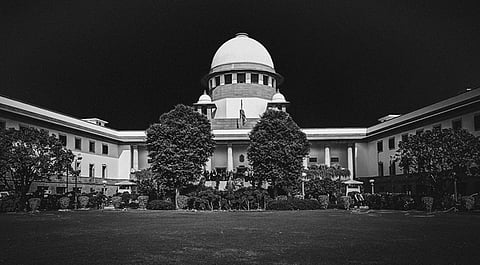
- News
- Columns
- Interviews
- Law Firms
- Apprentice Lawyer
- Legal Jobs
- हिंदी
- ಕನ್ನಡ

The Supreme Court was on summer vacation from May 22, 2023 to July 2, 2023. However, even during the said period, it was not shut completely, functioning at a limited capacity through vacation benches.